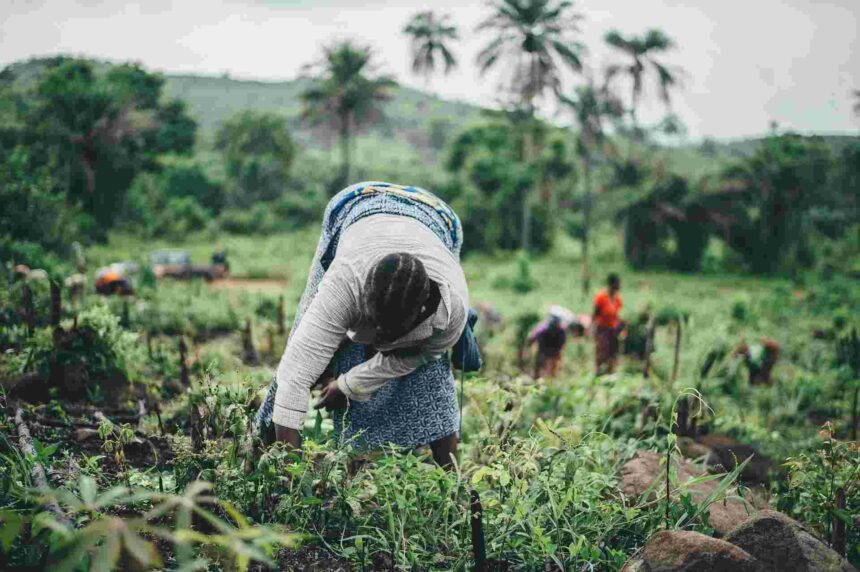Climate change is a pressing issue that is significantly impacting Africa’s water and energy systems, exacerbating poverty levels, and leading to declining sovereign credit ratings. The African Development Bank (AfDB) has raised concerns about the disproportionate burden faced by the continent’s most vulnerable populations in the face of these escalating challenges.
During a recent high-level climate finance roundtable held in conjunction with the IMF and World Bank Spring Meetings, AfDB President Dr. Akinwumi Adesina highlighted Africa’s central role in the global climate crisis. He noted that nine out of the ten most climate-vulnerable nations in the world are located in Africa, emphasizing the urgent need for action.
Despite the profound impact of climate change on the continent, Africa is only receiving a fraction of the funding it requires to address these challenges. Adesina pointed out that while Africa is receiving around $30 billion annually for climate adaptation, the actual needs amount to $277 billion per year, highlighting a significant funding shortfall.
To address this disparity, the AfDB is ramping up its climate finance efforts. In 2023, the Bank integrated climate-focused initiatives into 97% of its operations, allocating a total of $5.8 billion to climate-related projects—representing 55% of the Bank’s total approvals. Of this funding, $2.7 billion was directed towards mitigation efforts, while $3.1 billion was allocated for adaptation measures.
“We set a benchmark to channel 40% of our overall financing into climate action. Not only have we met that goal, but we’ve also surpassed it for three years in a row,” Adesina stated.
One significant initiative launched by the AfDB to enhance climate resilience in low-income African countries is the Climate Action Window under the 16th replenishment of the African Development Fund. This pioneering initiative has secured an initial $429 million from development partners, with plans to increase this figure to $13 billion. The Climate Action Window aims to support vulnerable nations through adaptation, mitigation, and technical assistance, with a focus on tangible outcomes such as equipping farmers with climate-resilient techniques, improving access to sustainable water and sanitation infrastructure, expanding clean energy access, and restoring degraded land.
In addition to the Climate Action Window, the AfDB is leading the African Adaptation Acceleration Programme (AAAP) in partnership with the Global Center on Adaptation. This flagship initiative aims to mobilize $25 billion for climate resilience, making it the largest adaptation-focused program globally.
Furthermore, the AfDB emphasizes Africa’s strategic role in the green economy, highlighting the continent’s vast potential for investment in climate-related sectors. With abundant solar resources and critical minerals essential for green technologies, Africa is well-positioned to lead the global clean energy transition. By harnessing its resources effectively, Africa can not only enhance its own climate resilience but also contribute significantly to global sustainable development efforts.
Overall, the AfDB’s initiatives underscore the importance of prioritizing climate action in Africa and leveraging the continent’s unique strengths to drive positive change on a global scale.







